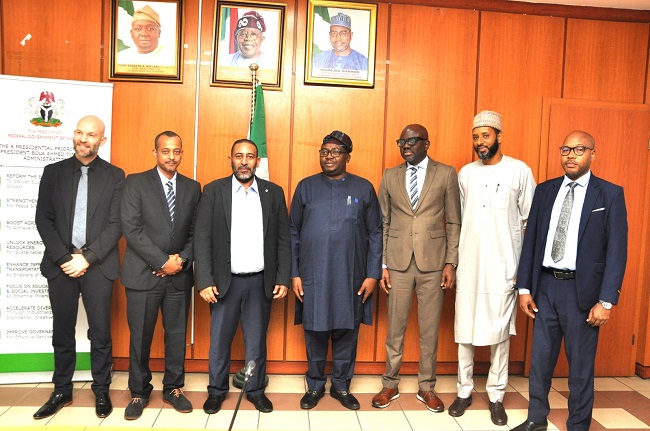SEO Riders:
– IDB proposes programmatic investment under a new Country Engagement Framework worth billions.
– Partnership aligns with Nigeria’s Electricity Act 2023 and President Tinubu’s grid reform agenda.
– Initiatives include support for grid expansion, metering, rural electrification, and clean energy scale-up.Nigeria’s Minister of Power, Chief Adebayo Adelabu, has welcomed a strategic collaboration with the Islamic Development Bank (IDB) aimed at addressing critical gaps in the country’s power infrastructure. Representing the Jeddah-based lender, Alagi Gaye announced plans to launch a Country Engagement Framework (CEF)—the first of its kind for Nigeria—shifting from project-specific lending to broader, policy-aligned investment under the bank’s nearly US $2 billion active portfolio in Nigeria. The government hopes this framework will catalyze funding for power generation, transmission, and distribution, in support of national reforms led by the Electricity Act of 2023 and the Presidential Power Initiative (PPI).
Key areas of collaboration include upgrading grid stability through Siemens-led transformer deployments and mobile substations under the $2.3 billion PPI, enhancing ineffective distribution via public–private partnerships, bridging Nigeria’s critical metering gap with the Presidential Metering Initiative, and advancing rural energy access through Mission 300’s solar mini-grid expansion. These initiatives are designed to attract private capital and technical expertise—particularly for a planned US $2.2 billion investment in transmission infrastructure under a new Independent Transmission Provider model as called for by experts. Partnering with IDB could accelerate Nigeria’s transition towards sustainable, reliable, and inclusive electrification.
